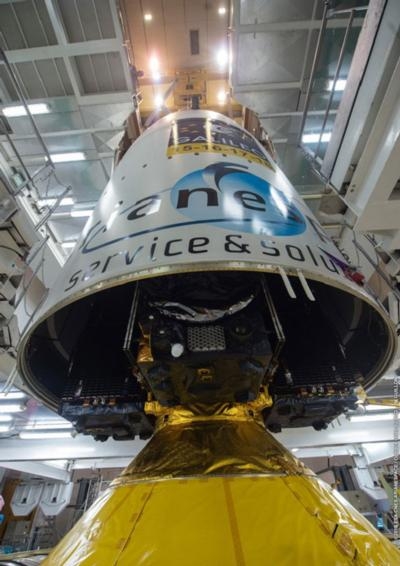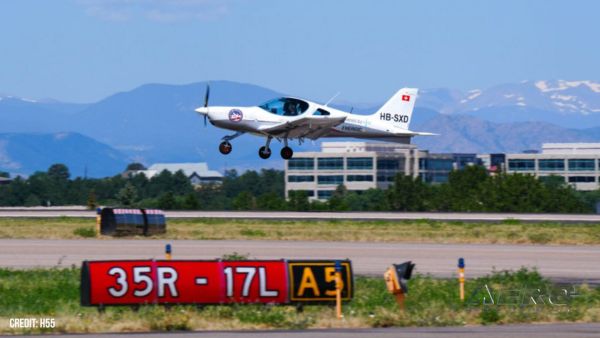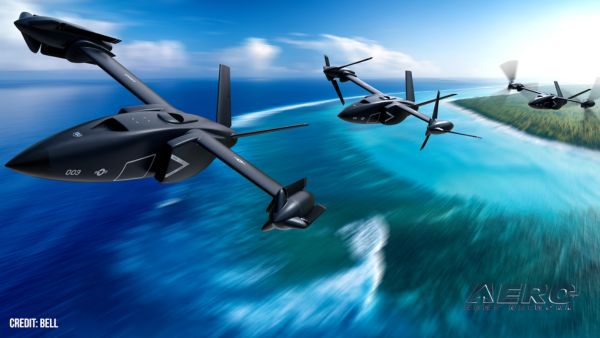Wed, Nov 16, 2016
Advertisement
More News
 ANN FAQ: How Do I Become A News Spy?
ANN FAQ: How Do I Become A News Spy?
We're Everywhere... Thanks To You! Even with the vast resources and incredibly far-reaching scope of the Aero-News Network, every now and then a story that should be reported on sl>[...]
 Classic Aero-TV: The PB4Y-2 Privateer - A Priceless Aero-Treasure
Classic Aero-TV: The PB4Y-2 Privateer - A Priceless Aero-Treasure
From 2015 (YouTube Version): Oshkosh Reveals Many Treasures... Including Old Warbirds Full Of History While at EAA AirVenture 2015, ANN News Editor, Tom Patton, ventured out to vis>[...]
 Aero-News: Quote of the Day (07.14.25)
Aero-News: Quote of the Day (07.14.25)
"The aircraft achieved the maximum recorded airspeed of 180 Knots IAS at about 08:08:42 UTC and immediately thereafter, the Engine 1 and Engine 2 fuel cutoff switches transitioned >[...]
 ANN's Daily Aero-Term (07.14.25): Temporary Flight Restriction (TFR)
ANN's Daily Aero-Term (07.14.25): Temporary Flight Restriction (TFR)
Temporary Flight Restriction (TFR) A TFR is a regulatory action issued by the FAA via the U.S. NOTAM System, under the authority of United States Code, Title 49. TFRs are issued wi>[...]
 ANN's Daily Aero-Linx (07.14.25)
ANN's Daily Aero-Linx (07.14.25)
Aero Linx: Aviation Without Borders Aviation Without Borders, a leading humanitarian aviation charity, uses its aviation expertise, contacts and partnerships to enable support for >[...]
blog comments powered by Disqus




